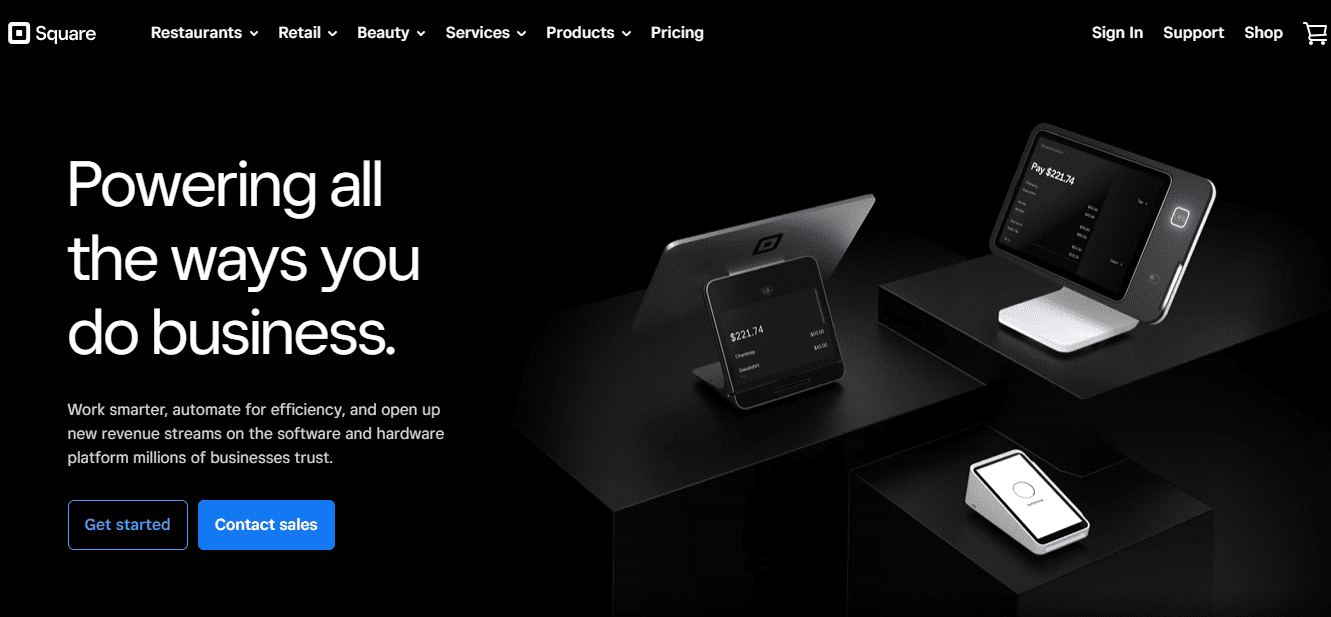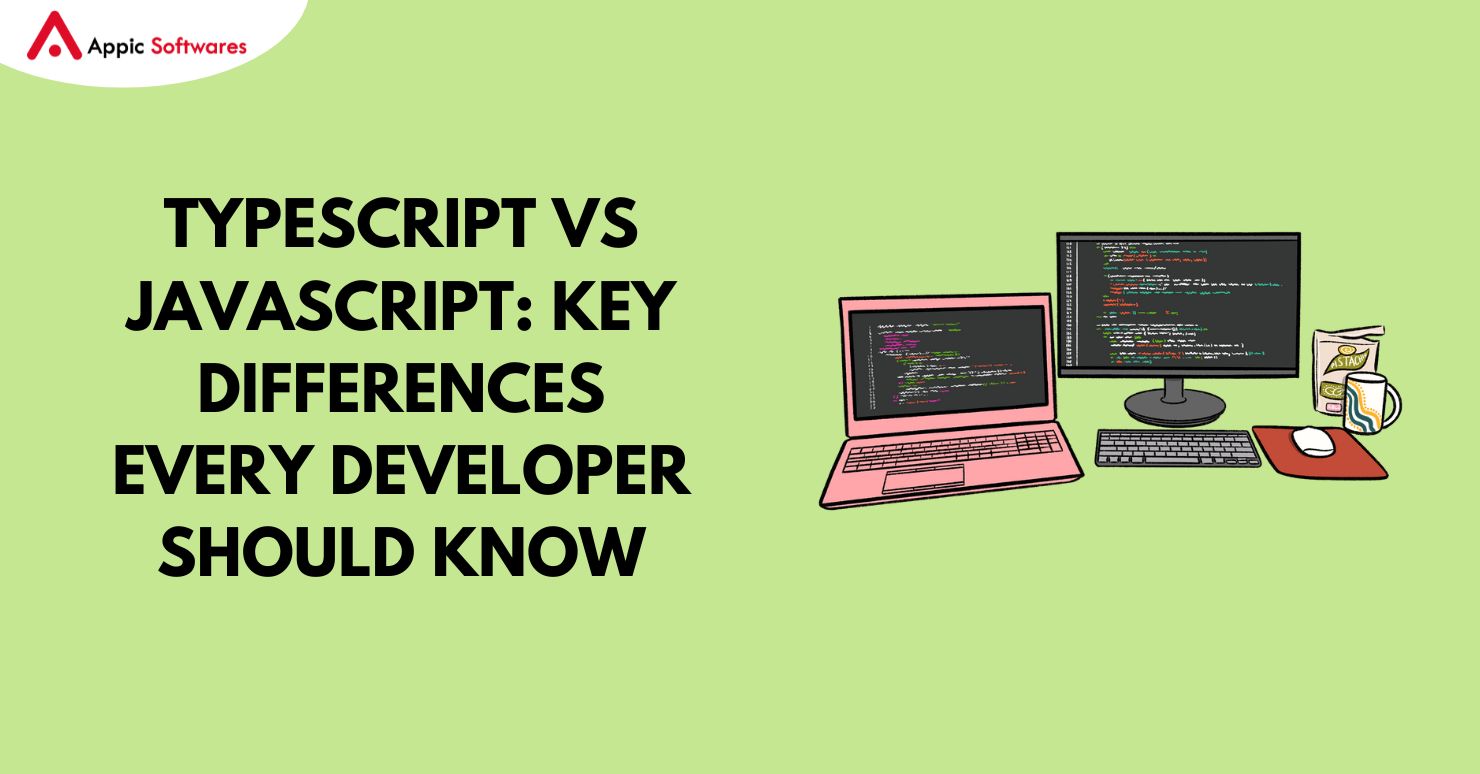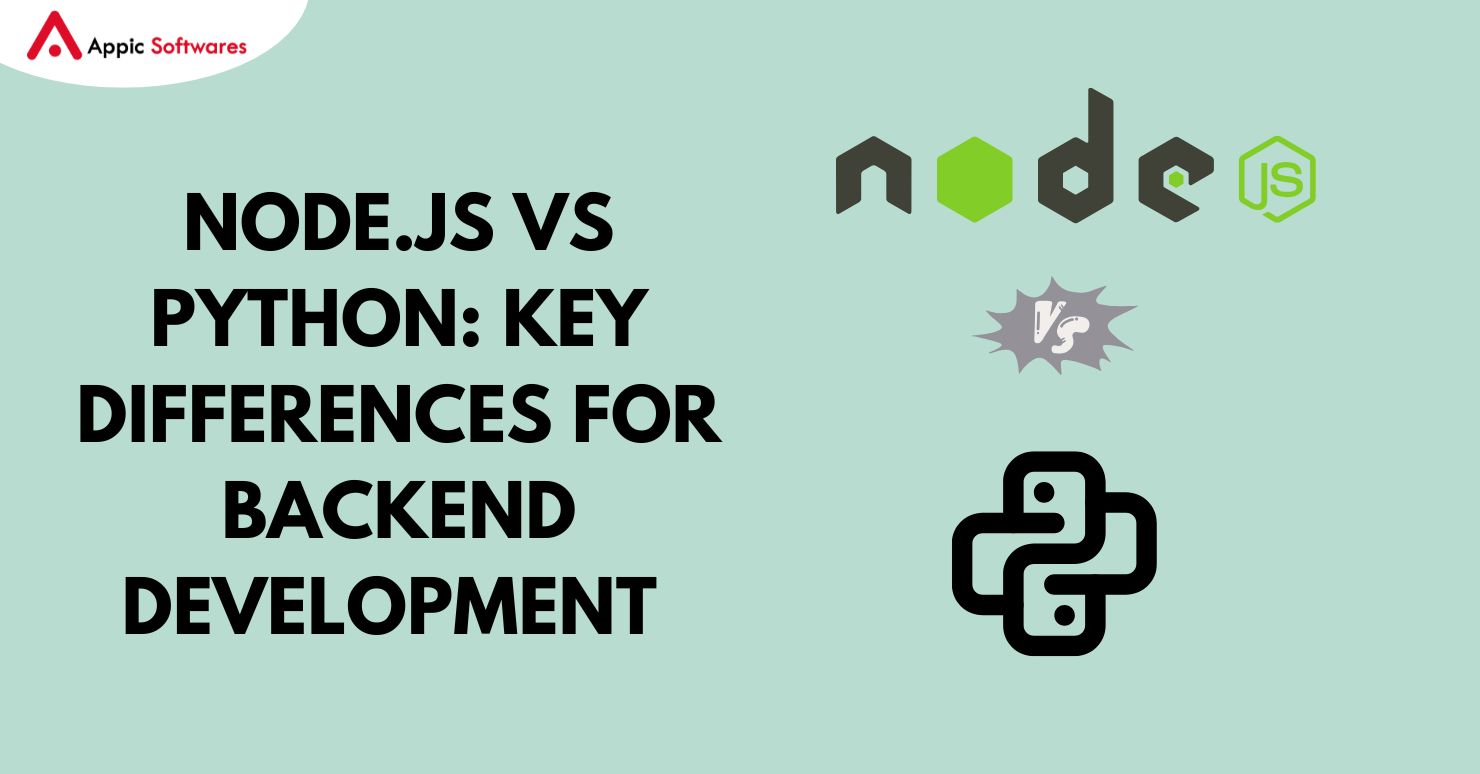
The B2B fintech sector is rapidly evolving, transforming the way businesses operate and interact financially. With advancements in technology, companies are increasingly adopting fintech solutions to streamline operations, enhance security, and improve overall efficiency. This article delves into the B2B fintech market size, trends, software development costs, notable companies, and the future outlook of this dynamic industry.
B2B Fintech Market Size
Boston Consulting Group (BCG) and QED Investors have published a new study predicting that financial technology revenues will increase from $245 billion to $1.5 trillion by 2030, a growth rate of six times. By 2030, banking fintechs will account for over 25% of all banking values globally, and the fintech sector as a whole is projected to rise from its present 2% share of the $12.5 trillion in global financial services revenue to 7%.
Key Market Statistics
- In 2023, global investment in B2B fintech startups reached $48 billion, marking a significant increase from $40 billion in 2022.
- Approximately 73% of all bank contacts now occur online, so digital adoption is here to stay.
- The adoption of blockchain in B2B fintech is set to grow at a CAGR of 45% from 2023 to 2028.
- It is estimated that 79% of all B2B transactions will involve some form of blockchain technology.
- AI in fintech is expected to grow at a CAGR of 2.91% from 2023 to 2028.
B2B Fintech Trends
The B2B fintech landscape is continuously evolving, with several trends shaping its future. Understanding these trends is crucial for businesses looking to leverage fintech solutions effectively.
1. Artificial Intelligence And Machine Learning
AI and ML are revolutionizing the fintech industry by enhancing decision-making processes, automating customer service, and providing personalized financial insights. AI-driven analytics can identify patterns and trends, helping businesses make informed financial decisions.
2. Blockchain Technology
Blockchain technology is gaining traction in the B2B fintech space due to its potential to provide transparent, secure, and tamper-proof transactions. It is particularly beneficial for supply chain finance, cross-border payments, and smart contracts.
3. API Integration
APIs enable seamless integration between different financial systems, facilitating real-time data exchange and improving operational efficiency. Open banking APIs are becoming increasingly popular, allowing businesses to access various financial services from a single platform.
4. Cloud Computing
Cloud-based fintech solutions offer scalability, flexibility, and cost-efficiency. Businesses can access financial services on demand, reducing the need for extensive IT infrastructure and enabling remote work capabilities.
5. Cybersecurity
As cyber threats become more sophisticated, businesses are prioritizing cybersecurity in their fintech solutions. Advanced encryption, multi-factor authentication, and AI-driven threat detection are some of the measures being implemented to safeguard financial data.
B2B Fintech: Software Development Cost
Developing a B2B fintech solution involves several factors that influence the overall cost. Understanding these factors can help businesses budget effectively for their fintech projects.
Factors Influencing Development Cost
- Complexity of the Solution: The more complex the fintech solution, the higher the development cost. Solutions with advanced features such as AI, blockchain, and real-time analytics will require more resources and time to develop.
- Development Team: The cost of hiring a development team varies based on their expertise and location. Hiring offshore developers can reduce costs, but it’s essential to ensure they have the necessary skills and experience.
- Technology Stack: The choice of technology stack impacts the development cost. Advanced technologies and tools may come with higher licensing fees and require specialized expertise.
- Regulatory Compliance: Ensuring compliance with financial regulations can add to the development cost. It involves additional resources for legal consultation, implementing compliance features, and ongoing monitoring.
- Testing and Maintenance: Rigorous testing is crucial to ensure the reliability and security of the fintech solution. Regular maintenance and updates are also necessary to keep the solution up-to-date and secure.
Estimated Development Costs
While the exact cost of developing a B2B fintech solution varies based on the factors mentioned above, here is a rough estimate of the cost involved:
- Basic Fintech Solution: $50,000 to $100,000
- Medium Complexity Solution: $100,000 to $250,000
- High Complexity Solution: $250,000 to $500,000+
It’s important to note that these estimates are indicative and can vary based on specific project requirements and the development team’s expertise.
Top 4 B2B Fintech Companies
Several companies are leading the way in the B2B fintech space, providing innovative solutions that cater to various business needs. Here are the top five B2B fintech companies making a significant impact:
1. Stripe

Stripe is a leading B2B fintech company specializing in online payment processing. It offers a robust platform for businesses to manage payments, billing, and subscriptions. Stripe’s API-driven approach allows seamless integration with various business systems, making it a popular choice for enterprises of all sizes.
2. Square

Square provides comprehensive financial services and payment solutions for businesses. Its product suite includes payment processing, point-of-sale systems, and business analytics tools. Square’s user-friendly interface and innovative features have made it a preferred choice for small and medium-sized enterprises (SMEs).
3. PayPal

PayPal is a global leader in digital payments, offering a wide range of services for businesses. Its B2B solutions include payment processing, invoicing, and working capital loans. PayPal’s extensive network and strong security features make it a trusted partner for businesses worldwide.
4. Adyen

Adyen is a payment processing company that provides end-to-end payment solutions for businesses. Its platform supports multiple payment methods, currencies, and channels, enabling businesses to accept payments globally. Adyen’s advanced fraud detection and prevention capabilities ensure secure transactions.
Future Of B2B Fintech
The future of B2B fintech looks promising, with continuous advancements in technology driving innovation and growth. Here are some key trends and developments to watch out for:
1. Increased Adoption Of AI And ML
AI and ML will continue to play a pivotal role in B2B fintech, enhancing decision-making processes, improving customer experiences, and providing advanced analytics. Businesses will leverage AI-driven insights to optimize financial operations and gain a competitive edge.
2. Expansion Of Blockchain Applications
Blockchain technology will see wider adoption in B2B fintech, particularly in areas such as supply chain finance, cross-border payments, and digital identity verification. Its ability to provide transparent and secure transactions will drive its growth in the industry.
3. Growth of Embedded Finance
Embedded finance involves integrating financial services into non-financial platforms, allowing businesses to offer seamless financial experiences to their customers. This trend will gain momentum as more businesses seek to provide holistic solutions to their clients.
4. Enhanced Cybersecurity Measures
As cyber threats become more sophisticated, businesses will invest heavily in advanced cybersecurity measures. AI-driven threat detection, blockchain-based security, and multi-factor authentication will be some of the key strategies employed to protect financial data.
5. Regulatory Evolution
The regulatory landscape for fintech will continue to evolve, with governments and regulatory bodies introducing new frameworks to ensure the security and stability of financial systems. Businesses will need to stay updated with these changes and ensure compliance to avoid penalties and maintain customer trust.
6. Sustainability And ESG Integration
Sustainability and Environmental, Social, and Governance (ESG) factors will become increasingly important in the B2B fintech space. Businesses will seek fintech solutions that align with their sustainability goals and provide tools for ESG reporting and compliance.
Conclusion
The B2B fintech sector is on an upward trajectory, driven by technological advancements and the increasing need for efficient financial solutions. Understanding the market size, trends, and development costs can help businesses make informed decisions and leverage fintech to enhance their operations. With innovative companies leading the way and promising future developments, the B2B fintech landscape offers immense opportunities for businesses to thrive in the digital age.
Don’t miss out on the opportunity to transform your business with the best fintech solutions. Contact us today to discuss your project requirements and discover how they can help you achieve your business goals.
Visit Appic Softwares for more information and to get in touch with their expert team. Let Appic Softwares be your partner in driving innovation and success in the B2B fintech space.








